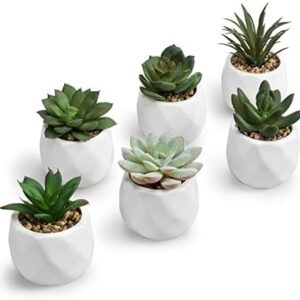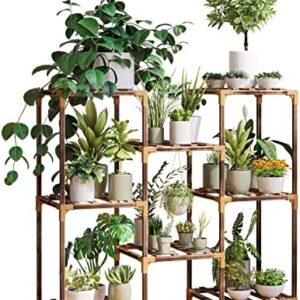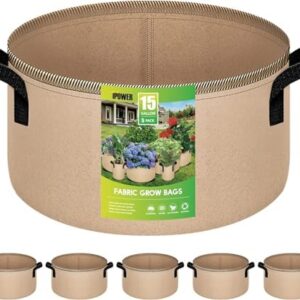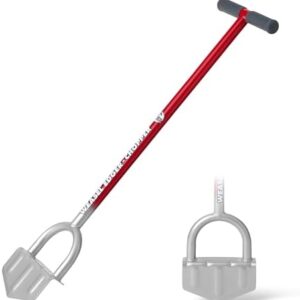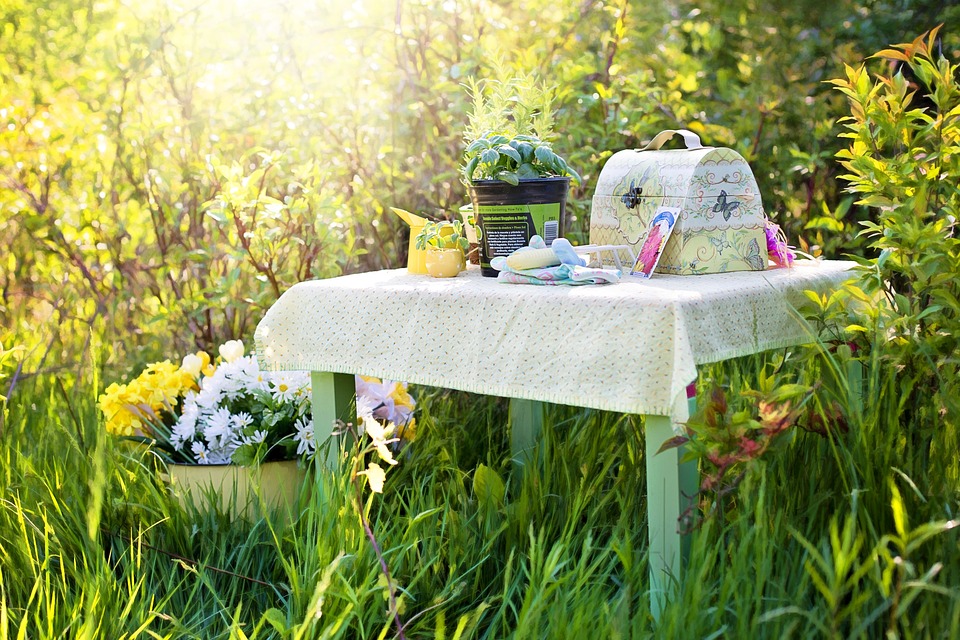Are you looking for an easy and sustainable way to go green in your urban dwelling? Look no further than container gardening! This simple yet effective solution allows you to grow your own plants, herbs, and vegetables in small spaces such as balconies, patios, or even indoor areas.
Container gardening is not only a great way to green up your living space, but it also has a positive impact on the environment. By growing your own food in containers, you are reducing your reliance on store-bought produce, which is often transported long distances and comes with a high carbon footprint. You are also reducing waste by using fewer resources such as water and packaging materials.
One of the key benefits of container gardening is its versatility. You can grow a wide variety of plants in containers, from herbs like basil and mint to vegetables like tomatoes and peppers. With the right combination of containers and plant choices, you can create a thriving mini-garden that suits your space, tastes, and lifestyle.
Another advantage of container gardening is its accessibility. You don’t need a large yard or expensive tools to get started – all you need is some soil, containers, seeds or seedlings, and a little bit of creativity. Container gardening is also a great way to introduce children to the joys of gardening and teach them about the importance of sustainable living.
In addition to being good for the environment, container gardening can have a positive impact on your health and well-being. Growing your own fresh produce can lead to a more nutritious diet, as you have control over what goes into your plants and ultimately onto your plate. Container gardening can also be a therapeutic and stress-relieving pastime, allowing you to connect with nature and take a break from the hustle and bustle of urban life.
To get started with container gardening, here are a few tips to help you create a sustainable and thriving garden in your urban space:
1. Choose the Right Containers: When selecting containers for your garden, make sure they have good drainage holes to prevent waterlogging. You can repurpose old containers like buckets, plastic bottles, or even shoe organizers, or invest in specially made pots for gardening. Just make sure the containers are the right size for the plants you want to grow and that they are made of non-toxic materials.
2. Use Organic Soil: To promote healthy plant growth and reduce the risk of pesticides or chemicals leaching into your plants, use organic soil in your containers. You can make your own mix using compost, peat moss, and perlite, or purchase organic potting soil from your local garden center.
3. Water Wisely: Container plants often require more frequent watering than traditional garden plants, as containers can dry out quickly. To conserve water and promote sustainable gardening practices, consider using a rain barrel to collect and reuse rainwater for your plants. You can also water your plants in the early morning or evening to reduce evaporation and water loss.
4. Choose Sustainable Plants: When selecting plants for your container garden, choose varieties that are well-suited to your local climate and growing conditions. Look for plants that are native or drought-tolerant, as they will require less water and maintenance. You can also plant a mix of flowers, herbs, and vegetables to attract pollinators and create a diverse and sustainable garden ecosystem.
5. Practice Integrated Pest Management: Instead of reaching for harmful pesticides, try using natural pest control methods like beneficial insects, companion planting, and homemade remedies. By promoting a healthy garden ecosystem and maintaining a balanced plant environment, you can reduce the need for chemical interventions and create a more sustainable garden.
6. Compost Kitchen Scraps: To reduce waste and create nutrient-rich soil for your container garden, start composting your kitchen scraps. You can use a small compost bin or worm bin to break down organic matter like fruit and vegetable peels, coffee grounds, and eggshells. Your plants will thank you for the extra boost of nutrients, and you’ll be closing the loop on your sustainable gardening practices.
In conclusion, container gardening is a simple yet effective way to go green in your urban living space. By growing your own plants, herbs, and vegetables in containers, you can reduce your carbon footprint, improve your nutrition, and connect with nature in a meaningful way. With a little bit of creativity and effort, you can create a sustainable and thriving garden that benefits both you and the environment. So why wait? Start container gardening today and see how green your urban life can become.

